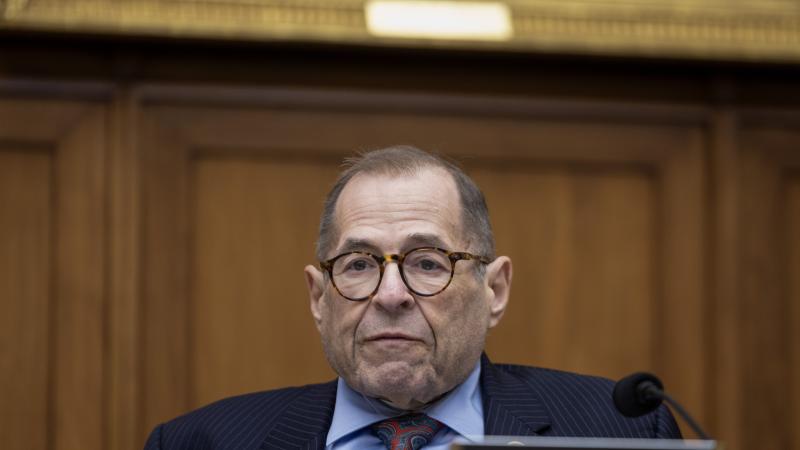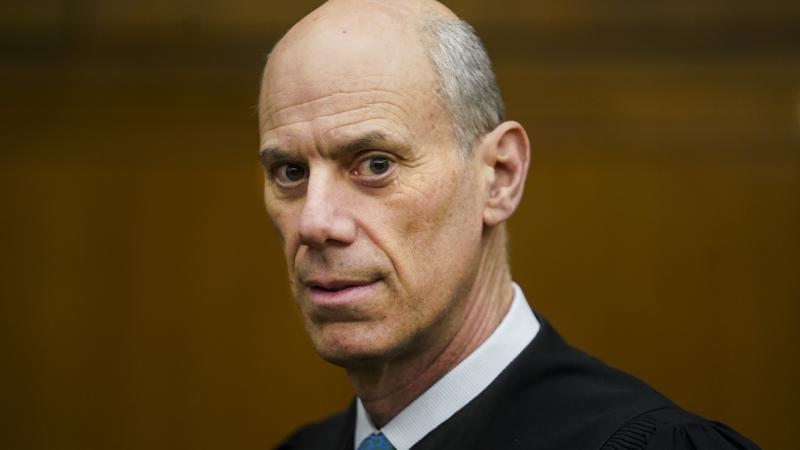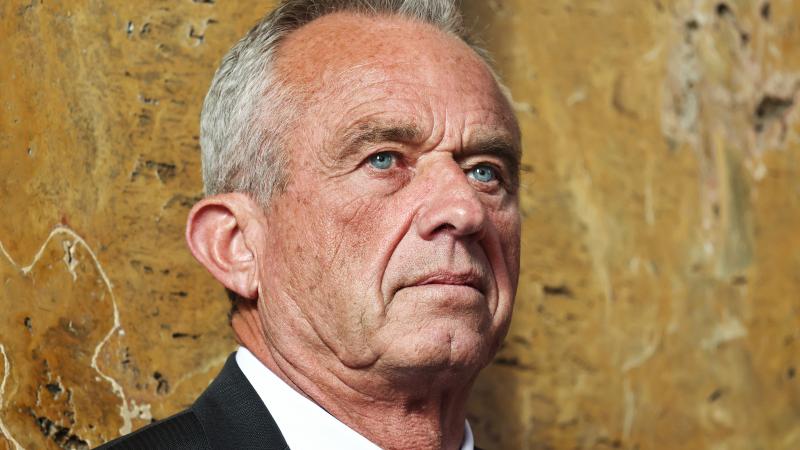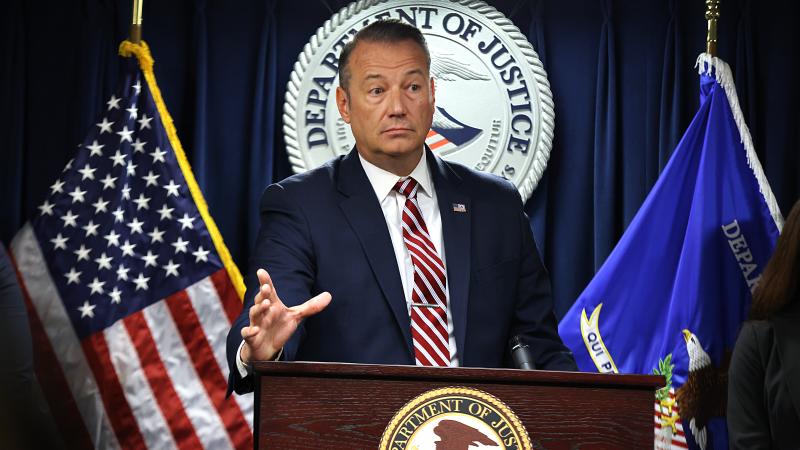Democrat Roy Cooper will seek U.S. Senate seat being vacated by Tillis
The 68-year-old former two-term governor indicated Saturday night he will file in December.
(The Center Square) -
Roy Cooper will lead the Democrats’ effort to win a U.S. Senate election in North Carolina for the first time since 2008.
The 68-year-old former two-term governor, four-term attorney general and 14-year state lawmaker indicated Saturday night he will file in December to succeed Republican Sen. Thom Tillis. The state’s senior senator on June 29 said he would not seek a third term.
As he took the stage at the party's state convention, he quickly asked for those running in 2026 to stand. And then he said, "Hey, I’m not sitting down am I?"
Cooper went on to laud his accomplishments. He introduced the keynote speaker, Illinois Gov. J.B. Pritzker, who in turn said, "Let's hear it for Sen. Cooper."
Cooper is expected to make a more formal announcement on Monday.
Former U.S. Rep. Wiley Nickel since April had been the leading name for Democrats, even as Tillis was not showing intent to exit. Nickel this week said he is choosing another office to seek and will support Cooper.
Sen. Kay Hagan in 2008 was the last Democrat to win a Senate seat in the state. The last Democrats to win midterms were John Edwards in 1998 and Terry Sanford in 1986. Republicans are 5-0 in Senate elections since Hagan's triumph.
Cooper's intent was no surprise, and it is likely to mean no serious primary for Democrats in March.
Michael Whatley, the Republican National Committee chairman, is expected to announce his candidacy within days. President Donald Trump has already given his endorsement.
Even before Tillis' retirement announcement, the seat was one of two for Republicans considered most vulnerable to change in the midterms either within party or to flip blue. Rep. Susan Collins, R-Maine, is in the other.
Cooper, born and raised in the Nash County community of Nashville, claimed gubernatorial wins of Medicaid expansion, cumulative raises of 19% for teachers, and dismantling of the infamous bathroom bill, also known as House Bill 2, that now appears about eight years ahead of its time. The legislation didn’t allow boys and men to enter private spaces of the opposite sex by saying they were girls or women.
His losses are led by universal school choice, photo identification for voting, deregulation and abortion. The national move on the protection of women's spaces is poised to erode a similar battle he won on HB2.
A lawyer by trade, his “sue until it's blue” approach put many decisions in courtrooms rather than the Capitol or Legislative Building. The tactic garnered success when the state Supreme Court grew to 6-1 majority Democrats, but lost steam during and after the COVID-19 era as it pivoted to 5-2 Republicans.
Cooper is 13-0 in elections for the state Senate, House of Representatives, attorney general and governor. It's a far different time for his party than when he won a state House seat in 1986, joining Democratic majorities of 40-10 in the Senate and 84-36 in the House.
Today, it's Republicans 30-20 in the upper chamber and 71-49 in the lower. Democrats that 21 years ago held 47.6% of voter registrations now (30.6%) trail the unaffiliated (38.3%) and are barely ahead of the Grand Old Party (30.4%).
At a time when elected authority has become questioned as kingship, Cooper holds a state record with 104 vetoes – 52 were overridden – and also doled out 328 executive orders over eight years as governor.
Of four state budgets, he vetoed two, signed one, and allowed one to become law without his signature. He long advocated for big pay raises for teachers and state employees and instead wound up with more veto stamps than signatures and adversary Republicans able to claim giving raises more times than he did.
Cooper left the governor’s office with eight years of promises for 17,708 jobs, along with investments of $31.78 billion. There were collective announcements by Toyota, Apple, FujiFilm Diosynth, Novo Nordisk, Eli Lilly, Wolfspeed, Boom Supersonic, Natron Energy and Boviet Solar.
There was also VinFast, the $1.2 billion taxpayer subsidy recipient with one-time plans for a $4 billion plant in Moncure sporting 7,500 jobs. VinFast is still coming but didn't start production as intended last summer.














